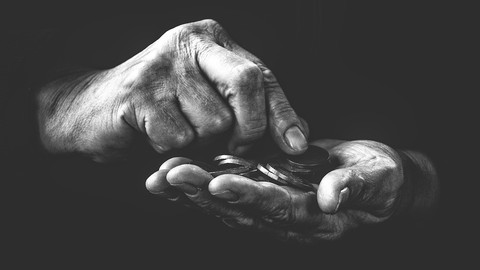
Poverty in California was reduced by record levels during the COVID pandemic, but now those economic support programs have come to an end and poverty is on the rise again.
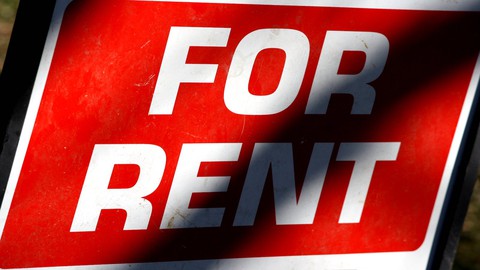
More than 70,000 households who needed and applied for state aid to pay their rent during the COVID-19 pandemic by the March 2022 deadline still have their applications listed as "pending." Now they could be evicted from their homes.
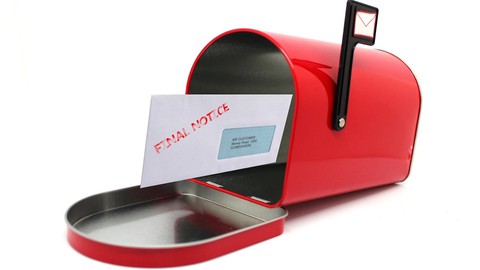
The number of Californians facing eviction was relatively low for years during a lengthy statewide moratorium. In the year after it ended, cases soared and still remain high in large counties.
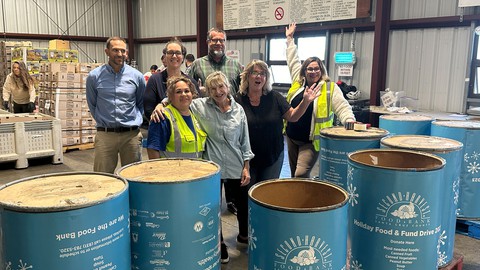
Second Harvest Food Bank Santa Cruz County CEO Erica Padilla-Chavez looks at food insecurity as a symptom of an underlying disorder—one that can be cured.

A hotel in Hollywood is receiving more than twice it would get per room by renting to the city of Los Angeles rather than to long-term tenants.

Gov. Gavin Newsom’s signature mental health policies allow the involuntary treatment of more Californians with severe mental illnesses. Some fear the new laws will infringe on the civil liberties of people confined against their will.
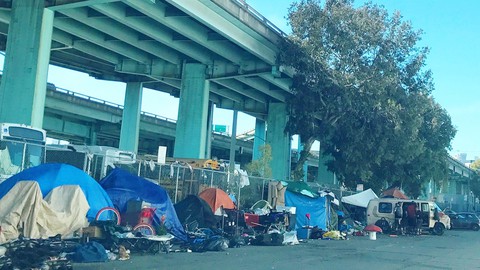
Police can’t force homeless people from encampments unless the city in question has “adequate shelter” for those who are displaced, according to courts. Now everyone involved wants to know what “adequate” means.
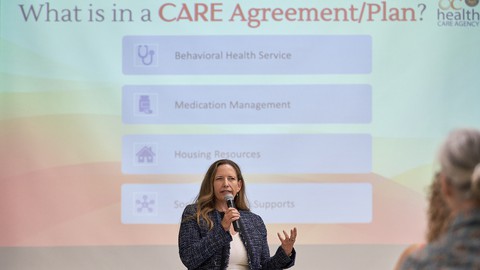
Gov. Gavin Newsom’s big new experiment to push people with mental illness off the streets and into treatment starts this fall. Counties responsible for the rollout say it may end up being more modest than advertised.
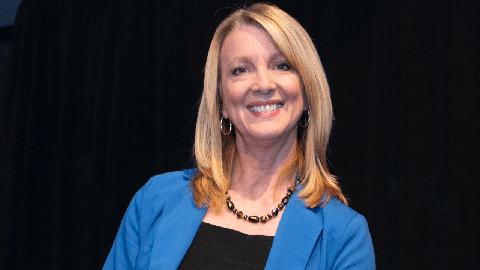
By channeling funds to a number of nonprofits working on various issues in a given region, community foundations help solve big problems throughout California.
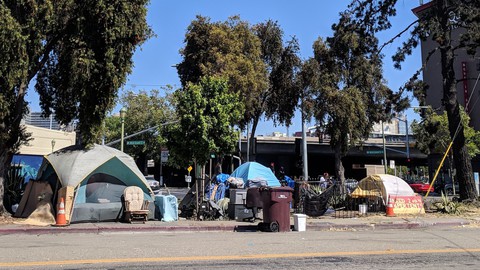
Renter protections and eviction bans put in place for the COVID-19 pandemic have expired. By keeping them in place, California could slow the spread of homelessness. But that's not happening.

Gov. Gavin Newsom wants to rethink how California spends its millionaires tax by directing more money toward housing. Some county-run mental health programs could lose out.
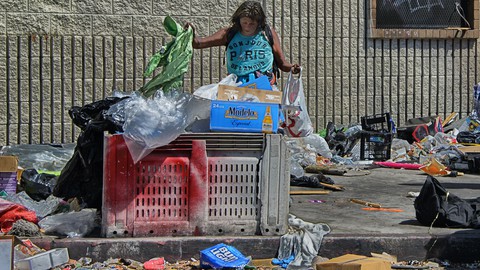
The homeless population fell by a third in Texas over the past decade as it surged in California. The cost of living is a big reason Texas is doing a better job at alleviating homelessness.
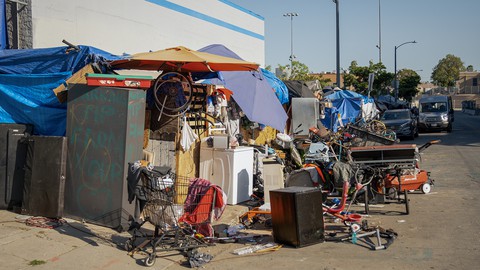
Los Angeles’ new homelessness solution is meant to quickly get people out of encampments and into housing—as the city grapples with the state’s largest population of unhoused residents. But the program is struggling to house people and connect them with …
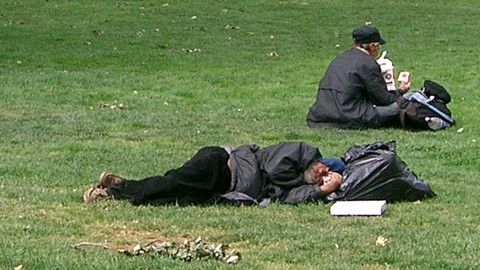
Housing First policy works to reduce homelessness, evidence shows. But in California the policy has proven ineffective. What is the state doing wrong?
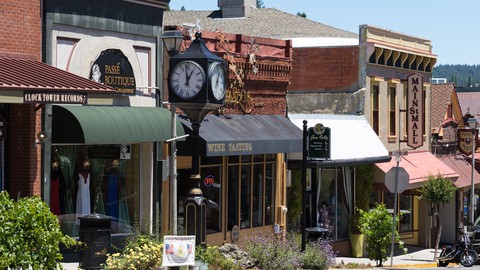
Gov. Gavin Newsom poured ‘unprecedented’ money into homelessness, but providers say his use of one-time grants does not allow for long-term solutions to the state’s biggest crisis. That's what happened in Grass Valley.

After weeks of negotiations, the governor and top Democrats in the Legislature say they have a budget deal. Legislators will start voting today on bills related to the agreement, which sets spending and policy across a wide range of issues …

2022 was a year that needed a lot of explaining. And California Local was there. Here are our 10 most important explanatory journalism stories from the year gone by, from immigration to cryptocurrency to wealth inequality and more.

New laws banning toxicity testing on dogs and cats, and making rental housing more pet friendly are among a slate of new animal welfare legislation signed by Gov. Newsom in September.
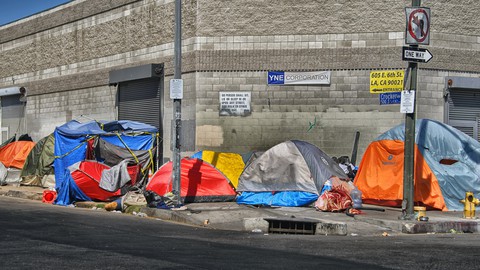
The links between homelessness and crime are complex, and the idea that unhoused individuals present a danger to their community seems to be exaggerated.
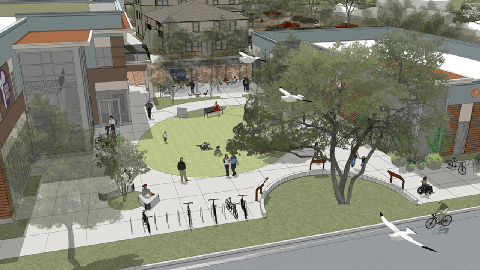
Gov. Newsom and the state legislature should consider allocating $40 billion of the state's $97 billion surplus to subsidize the building of low-income housing.